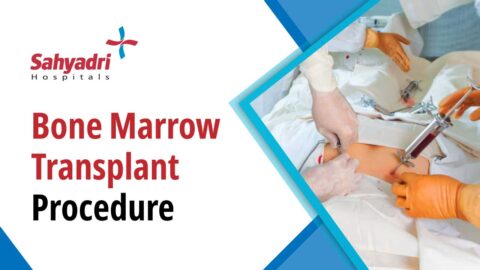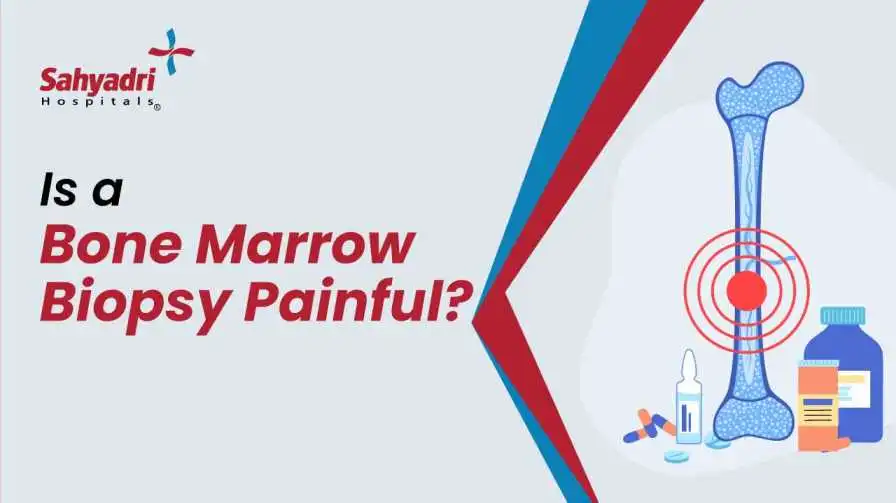Bone Marrow Transplant: What You Need to Know?

Your bone marrow is the spongy tissue inside your bones where blood cells are made. Blood cells include red blood cells, which carry oxygen to all parts of your body; white blood cells, which fight infection; and platelets, which help prevent bleeding.
How It’s Done?
BMTs are usually done using blood that has been taken from the umbilical cord and placenta after a baby is born (cord blood transplant). However, in some cases, peripheral blood stem cell transplantation or bone marrow donation may be used.
Cord Blood Transplant
In this type of transplant, stem cells are collected from the umbilical cord and placenta soon after a baby is born. These stem cells are then frozen and stored in cord blood banks until they’re needed for a transplant.
The advantage of using cord blood is that it doesn’t have to be a perfect match to the person receiving the transplant. Also, there’s a lower risk of developing graft-versus-host disease (GVHD), in which the donated cells attack the patient’s body, with cord blood than with bone marrow or peripheral blood stem cell transplants.
However, cord blood transplants are usually only used if a brother or sister is unable to donate their own stem cells or if there’s not enough time to find an unrelated donor.
This is because there are usually only a small number of stem cells in cord blood, which means it takes longer for these transplanted cells to begin making new blood cells
Have queries or concern ?
Bone Marrow Donation
Bone marrow is the soft tissue inside your bones where blood cells are made. To donate bone marrow, a needle is inserted into the donor’s hipbone to withdraw liquid marrow. The donor may be given general anesthesia during the procedure so they won’t feel any pain.
The donor’s marrow will then be transfused into the patient through an intravenous (IV) line. In most cases, the donor will be able to go home the same day as the transplant.
A small number of donors may experience side effects such as pain at the injection site, fatigue, and flu-like symptoms for a few days after the procedure. However, these side effects can usually be treated with over-the-counter medication..
Peripheral Blood Stem Cell Transplantation
Peripheral blood stem cell transplantation (PBSCT) uses stem cells that have been collected from the bloodstream rather than from bone marrow. To collect these stem cells, a process called apheresis is used. During apheresis, a machine removes stem cells from the bloodstream while returning other cellular components back to the donor through another IV line. Donors usually have this procedure done 2 or 3 times before their stem cells are ready for transplantation
PBSCT is sometimes used instead of bone marrow donation because it’s less invasive and may result in fewer complications. In addition, PBSCT allows doctors to collect more stem cells than bone marrow donation does. This means PBSCT may be an option for people who have medical conditions that make it difficult to donate bone marrow
Conclusion
If you or a loved one has been diagnosed with cancer or another diseases that requires treatment with a bone marrow transplant, it’s important to know what this procedure entails and how it’s done. While BMTs can be complex procedures, they offer patients hope for recovery and a chance at living a normal life once again.
Patient Feedback
Great doctors, Good facilities, caring and helping staff. I recommend this hospital for day care services.
![]()
![]()
Sangram Shinde
All doctors r very good. There treatments is best. Other staff also good. The service of nurses is great...Hospital is always clean.
![]()
![]()
Vaishali Aitawade
All services provide by hospital are nice and on time. Doctors are polite and co-operative with patient.
![]()
![]()
Ankita Jagtap
All services provided by hospital is good. Hygiene maintained well.Even at night good care provided.
![]()
![]()


